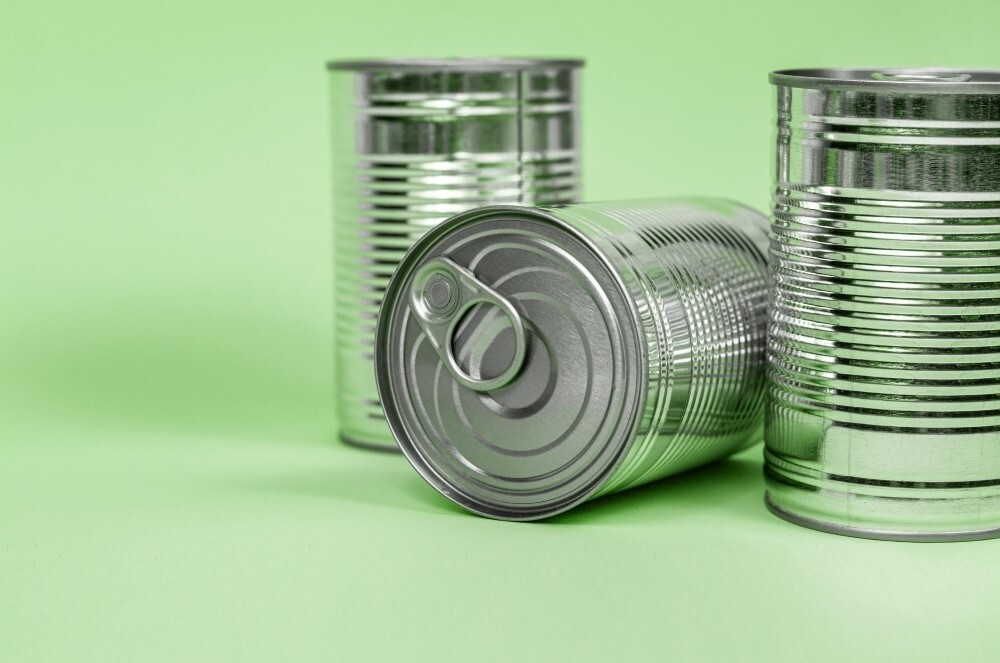

The proposed doubling of tariffs on imported steel and aluminium to 50 per cent is sparking concerns across the packaging sector, with warnings that the move could increase food costs and disrupt supply chains. The Can Manufacturers Institute (CMI) and the Aluminium Association have voiced strong opposition to the policy, citing widespread repercussions for businesses and consumers.

Image credit: crowncork
The tariff increase, announced by President Donald Trump during a visit to a Pittsburgh steel plant, is intended to protect the domestic steel industry. The announcement coincided with his recognition of Japan-based Nippon Steel’s planned acquisition of US Steel. Despite a recent court ruling blocking many levies, these specific tariffs remain unaffected.
However, packaging industry stakeholders argue that the decision may inadvertently harm other sectors of the economy that depend on metals, particularly the food and beverage industry.
“Doubling the steel tariff will further increase the cost of canned goods at the grocery store. This cost is levied upon millions of American families relying on canned foods picked and packed by U.S. farmers, food producers, and can makers,” said Robert Budway, President of the Can Manufacturers Institute. He added that CMI members “strongly oppose any action” that would increase tariffs to 50 per cent.
Earlier this year, when a 25 per cent tariff was introduced, companies such as Ball and Crown expressed concern about rising costs, which would likely be passed on to consumers already dealing with inflation. These duties affect a wide range of metal packaging applications, including closures, foils and steel drums.
The Aluminium Association acknowledged President Trump’s commitment to strengthening the US aluminium sector, but warned of unintended side effects. “Tariffs alone will not increase US primary aluminium production nor support the USD 10 billion invested by the mid-and-downstream industry over the past decade,” said Matt Meenan, Vice President of External Affairs at the Aluminium Association.
“We need significant new sources of reliable, low-cost electricity and an all-of-the-above policy approach to keep and collect more domestic aluminium scrap,” Meenan continued. While the association is engaging with the Trump administration to better understand the details of the tariffs, it is urging a more measured strategy. “We urge the administration to take a tailored approach that reserves high tariffs for bad actors, such as China, that flood the market and includes carve-outs for proven partners, such as Canada.”
Echoing these sentiments, CMI also called for a nuanced policy. Budway warned that the proposed tariffs could benefit foreign competitors. “This plan plays into the hands of China and other foreign canned food producers, which are more than happy to undercut American farmers and food producers,” he said, adding that the situation poses a threat to US food security.
Budway further explained that domestic tin mill steel producers made “a series of unfortunate decisions over the past eight years,” which led to “dramatic cuts that have decreased US production of the specialised steel used in can making by 75 per cent.” As a result, nearly 80 per cent of tin mill steel now comes from international partners.
Meanwhile, international reaction has been swift. According to the BBC, the European Commission “strongly” criticised the sudden move and is expected to request the U.S. to reduce or drop all proposed tariffs, including those on steel and aluminium. Reuters reports that the EU, which had previously imposed and then paused counter tariffs on USD 24 billion of US imports, is now considering its next steps.
Responses








